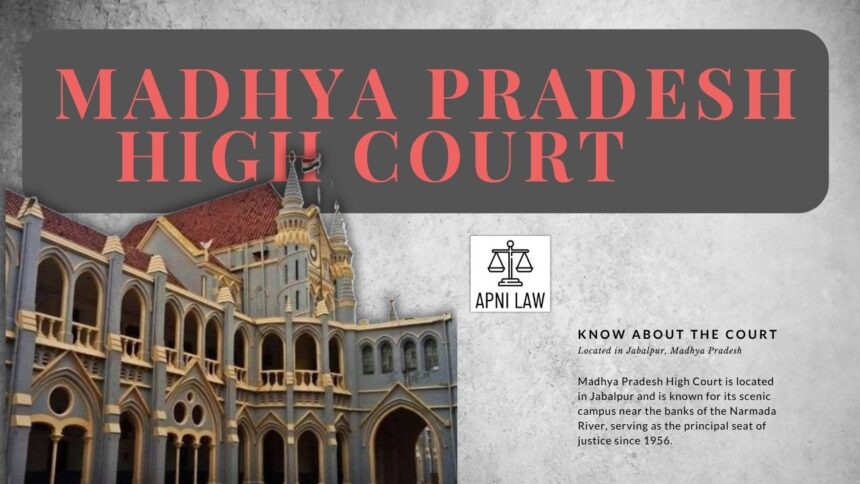Introduction
In Mohammed Taiyab v State of Madhya Pradesh (WA-2782-2025), the Madhya Pradesh High Court refused to allow reconstruction of a mosque that was demolished after land acquisition. The court held that the right to practise religion does not guarantee a right tied to any particular place. The decision reinforces that acquiring mosque land does not inherently violate religious freedoms.
Facts of the Case
The petitioners claimed that they were local residents of Ujjain and used to offer namaz in the Takiya Masjid, a structure said to be about 200 years old. They asserted that the building was declared a waqf property on December 13, 1985. The State had initiated land acquisition to expand parking facilities in the Mahakal Lok Parisar area, and it acquired the land on which the mosque stood. The authorities demolished the mosque after paying compensation to persons in possession. The petitioners filed a writ petition seeking an order to rebuild the mosque and to proceed against officials. The single judge dismissed that petition.
The State argued that the acquisition had followed due legal process. It contended that compensation had already been distributed and that the waqf board had instituted a civil suit to claim title. The court noted that the petitioners challenged the acquisition in their arguments, but they did not formally ask the court to quash the acquisition award itself.
What the Court Held
A Division Bench of Justices Vivek Rusia and Binod Kumar Dwivedi held that the writ court correctly dismissed the petition. The bench said the petitioners lacked the legal standing (locus) to demand reconstruction of the mosque. It found no ground to interfere with the lower court’s judgment.
The court reaffirmed the principle from Mohammad Ali Khan v Special Land Acquisition Office (Allahabad High Court, 1978). That case had held that Articles 25 and 26 protect the personal right to practise, propagate, and profess religion, but this right does not attach to any specific place. The court quoted the earlier ruling that one may pray in another mosque or even at home if the one in which they prayed earlier no longer exists. Acquisition of land containing a mosque does not automatically deprive someone of the right to freely practise religion.
In the present case, the bench noted that the acquisition had attained finality, and the petitioners neither sought to quash it nor requested restoration via appropriate relief. Without challenging the acquisition itself, they could not ask for reconstruction. Following the cited doctrine, the court held that they had no claim to rebuild the mosque.
Implications
This judgment clarifies that constitutional protections for religious practice do not guarantee the reinstatement of a demolished religious building if its land is lawfully acquired. It underscores that petitioners must challenge the acquisition itself, not just seek reconstruction. The decision also reinforces judicial consistency: the personal right to practise religion does not vest in a fixed geographic location.
Conclusion
In Mohammed Taiyab v State of MP, the High Court denied the plea to rebuild Ujjain’s Takiya Masjid. It affirmed that religious freedom under the Constitution stays intact even if a place of worship no longer exists. The Court emphasized that legal remedy must focus on challenging acquisition, not merely restoring structures.








